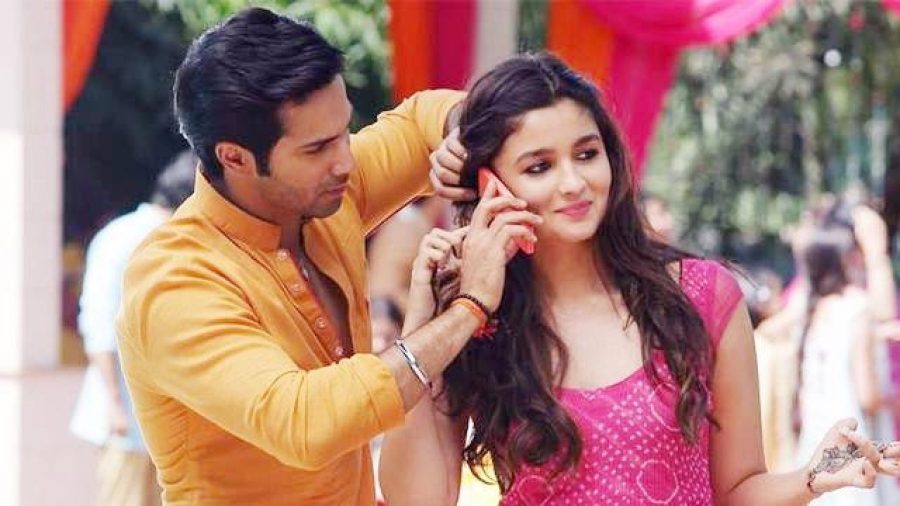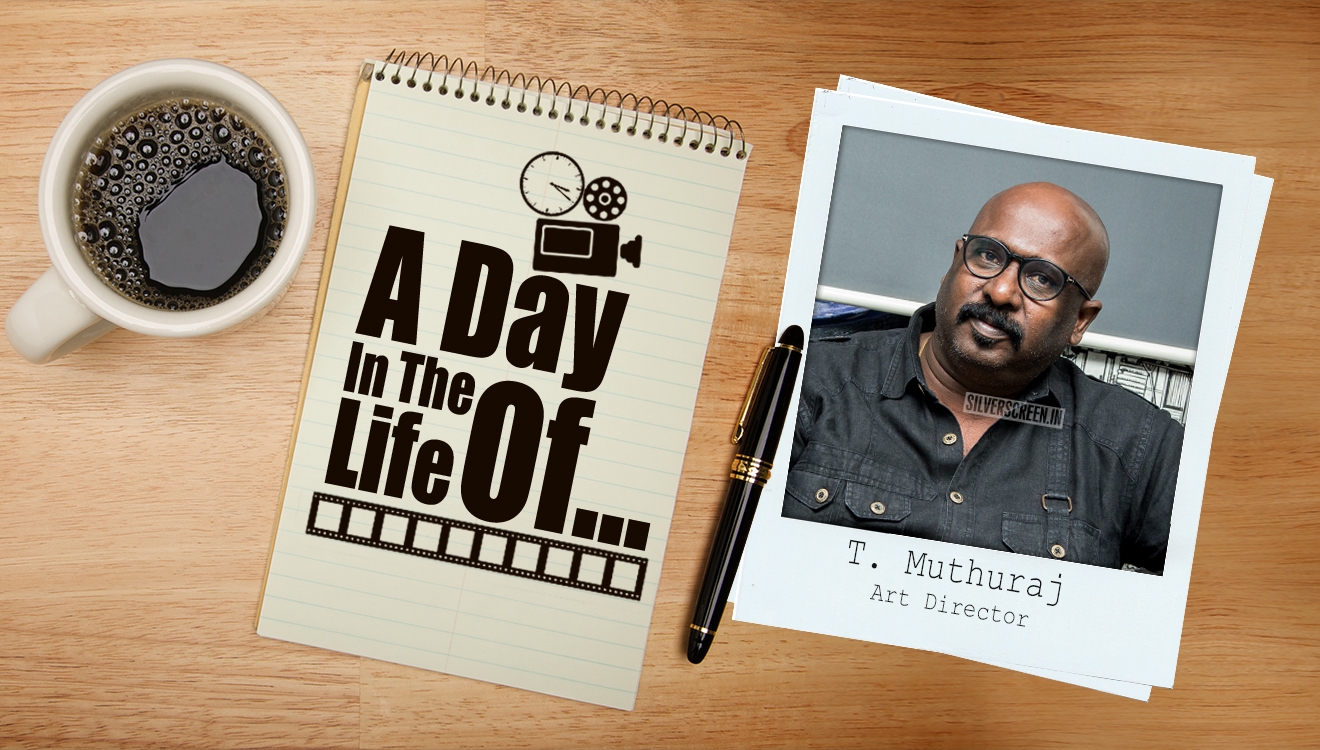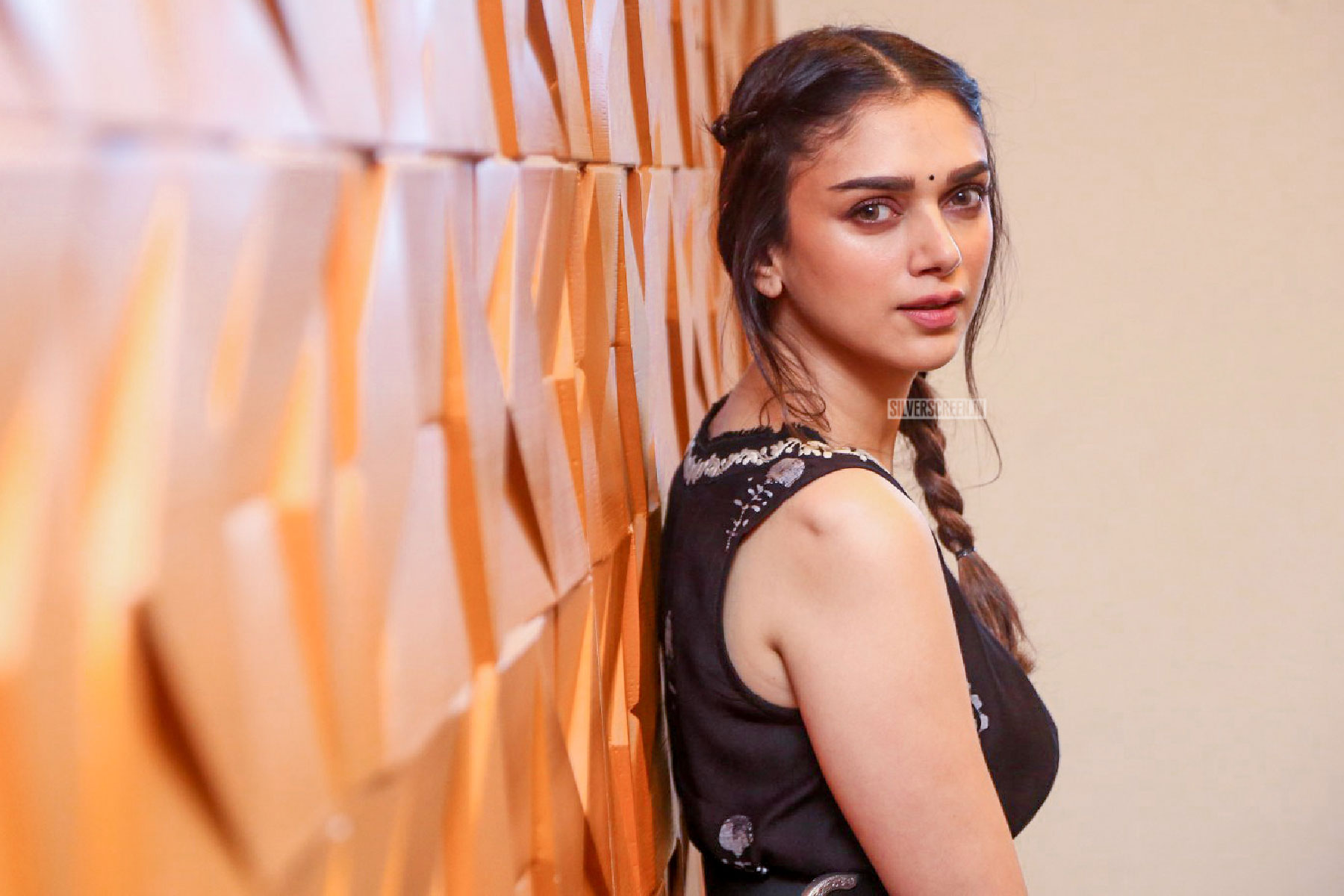There is a school of thought that says cinema has a responsibility. The rationale behind this is that cinema is a powerful medium that influences the way people think and often shapes their ideas of right and wrong.
Bollywood filmmakers, by and large, are either not from this school of thought, or have a broken moral compass. The industry has glorified misogyny and sexual harassment for so long that this actually finds a mention in the Wikipedia page on “eve teasing.”
Often, one is inclined to give a pass to films made in the previous century, or perhaps even the previous decade. But for a film made in 2014 by one of the biggest production houses in the country with an A-list cast to be intrinsically misogynistic is an unacceptable low even for Bollywood.
Humpty Sharma ki Dulhaniya released this month four years ago. The story is simple: It’s a modern take on Dilwale Dulhaniya Le Jayenge. When a film is inspired by one that is sexist to begin with, one hopes that its makers choose to adapt it according to the times, but that is not the case here.
In Humpty Sharma, Humpty a.k.a Rakesh (Varun Dhawan) is constantly shown to make sexual advances on women. On some occasions, these are explicitly shown to be unwanted. Upon seeing that he has passed in his exams, Humpty forcibly hugs a female student not known to him, who then pushes him off. He is also shown to try to kiss Kavya (Alia Bhatt) when the film spends a good 10 minutes to establish that she has no romantic interest in him.
Bollywood’s problem in this context is that its films often have paradoxes. A sub-plot in Humpty Sharma is about the protagonists blackmailing a “sleazy” man who flirts with every woman he meets. One might think that this is an apt description of Humpty himself, but it’s not. Bollywood films maintain that “villains” are sleazy men who make unwanted sexual advances on women, but when the “heroes” do the same thing, it’s perfectly alright.
Humpty and his two best friends also are not aware of what “stalking” means, or perhaps think that it’s acceptable. In a trope not uncommon in Bollywood films, Humpty has a friend/sidekick named Shonty whose sole purpose in the film is to magically procure personal information about everyone, including women Humpty likes, such as Kavya. Humpty then uses this information to insert himself into her life. What is even more disturbing is that neither she nor anyone else is shown to call him out on this.
Instead of trying to address the sexism of DDLJ, Humpty Sharma chooses to replicate it. Thus, in the second half of the film, Humpty goes to Ambala to convince Kavya’s father, Kamaljeet Singh (Ashutosh Rana), to “give” his daughter to him. He tells Kamaljeet that Kavya loves him without bothering to ask for her consent to do this or consider any repercussions from this that might affect her.
The film glorifies the amount of control fathers and brothers assume over the lives of their grown-up daughters and sisters. Kamaljeet decides that Kavya will marry a man he chooses for her, but even DDLJ showed Baldev’s (Amrish Puri) control over his daughter’s fate through a more critical lens than Humpty Sharma does.
Kamaljeet justifies this control by constantly saying that his oldest daughter’s failed love marriage not only “ruined” her life, but also his. The implication is that a woman’s actions are supposed to reflect on the men in her family, an idea used to justify everything from slut-shaming to honour killings.
Humpty’s quest to “win” Kavya as a trophy of some kind is shown in a positive light, making Humpty Sharma no different from DDLJ. But a bigger problem is that despite a relatively more realistic setting and Kavya being a more independent person than DDLJ’s Simran, she simply chooses to sit back and wait for the contest between her father and lover to play out.
As if the misogyny wasn’t enough, Humpty Sharma randomly adds a homophobic sub-plot. In order to “win” Kavya, Humpty must find one flaw in Angad (Siddharth Shukla), the man Kamaljeet has chosen for Kavya. In their quest to do this, Humpty and his friends discover photos of Angad with a man on Facebook, and decide that it must mean that he’s gay.
Recommended
Then starts a bizarre game to out Angad, which involves Humpty’s friend Poplu constantly hitting on him. When it doesn’t seem to be working, Poplu says that if he keeps at this, he will actually be “converted.” And finally, when it is revealed that it’s Angad’s friend who’s gay, Poplu disparages Humpty for “changing his gender” for nothing.
This sub-plot deserves a mention because Humpty Sharma was produced by Karan Johar, who is notorious for inserting homophobic elements in many of his films.
In the film’s penultimate scene, Humpty convinces Kavya to not run away from home as she will not be able to live without her family. This sums up the film’s sexism as well as anything could, as it reinforces the idea that no matter how a woman’s family treats her, she is always supposed to think that she cannot live without them.
Ultimately, Kavya and Humpty end up together only with Kamaljeet’s permission, proving that even in 2014, a woman is her father’s property to give away as he sees fit.



